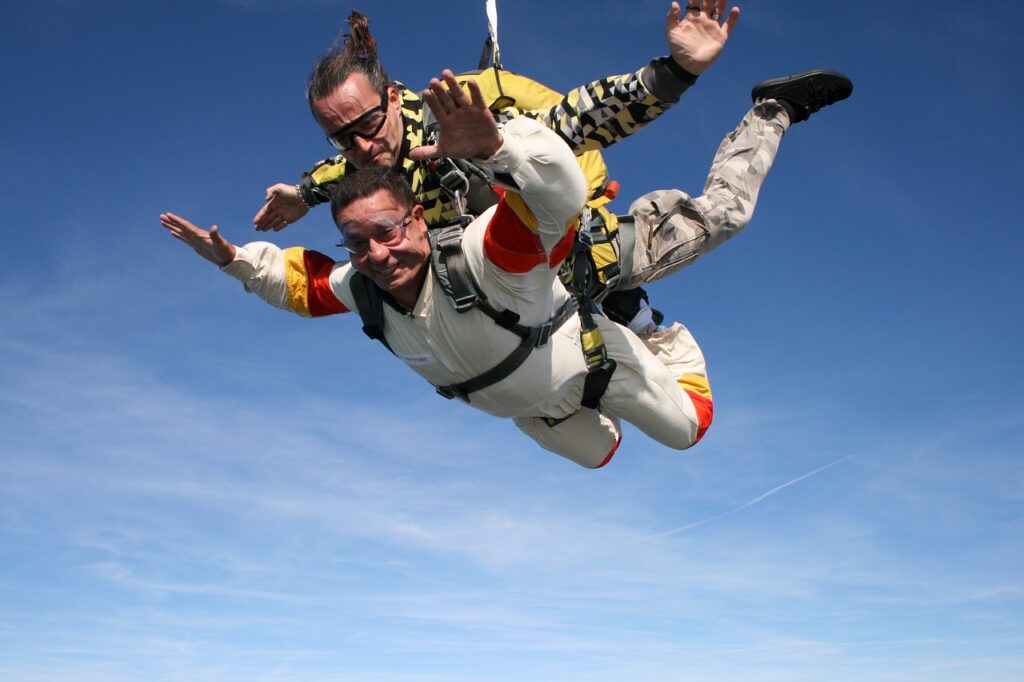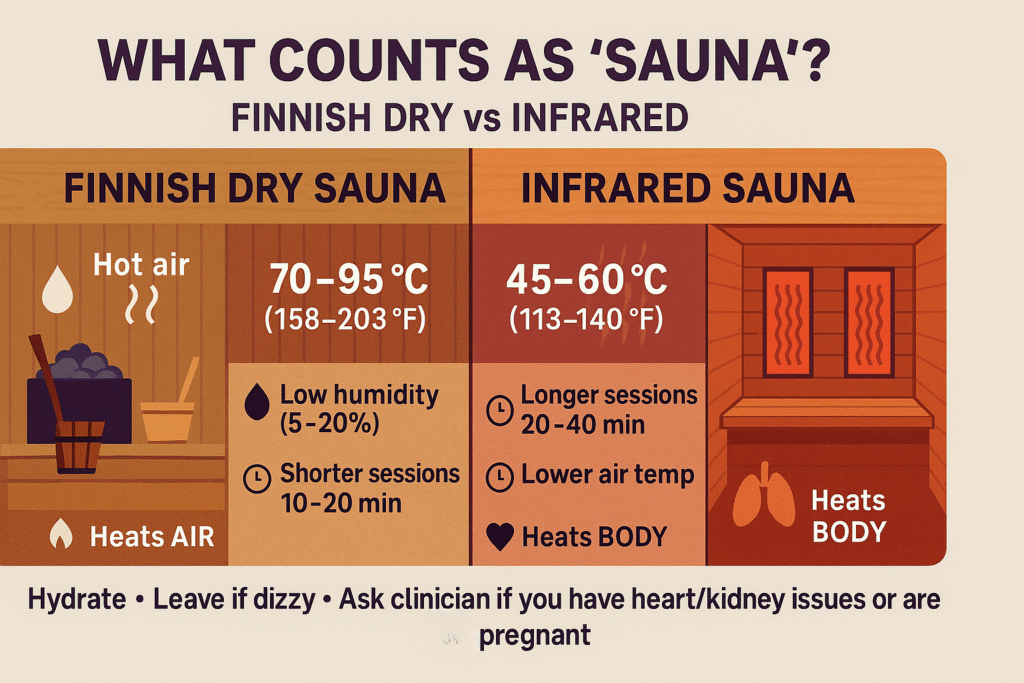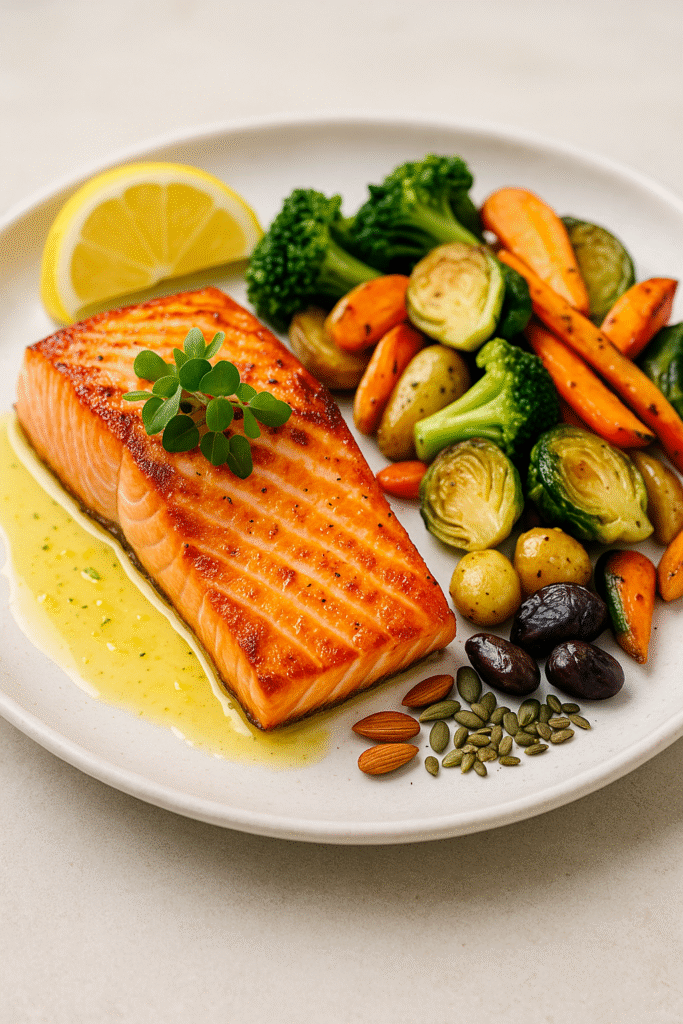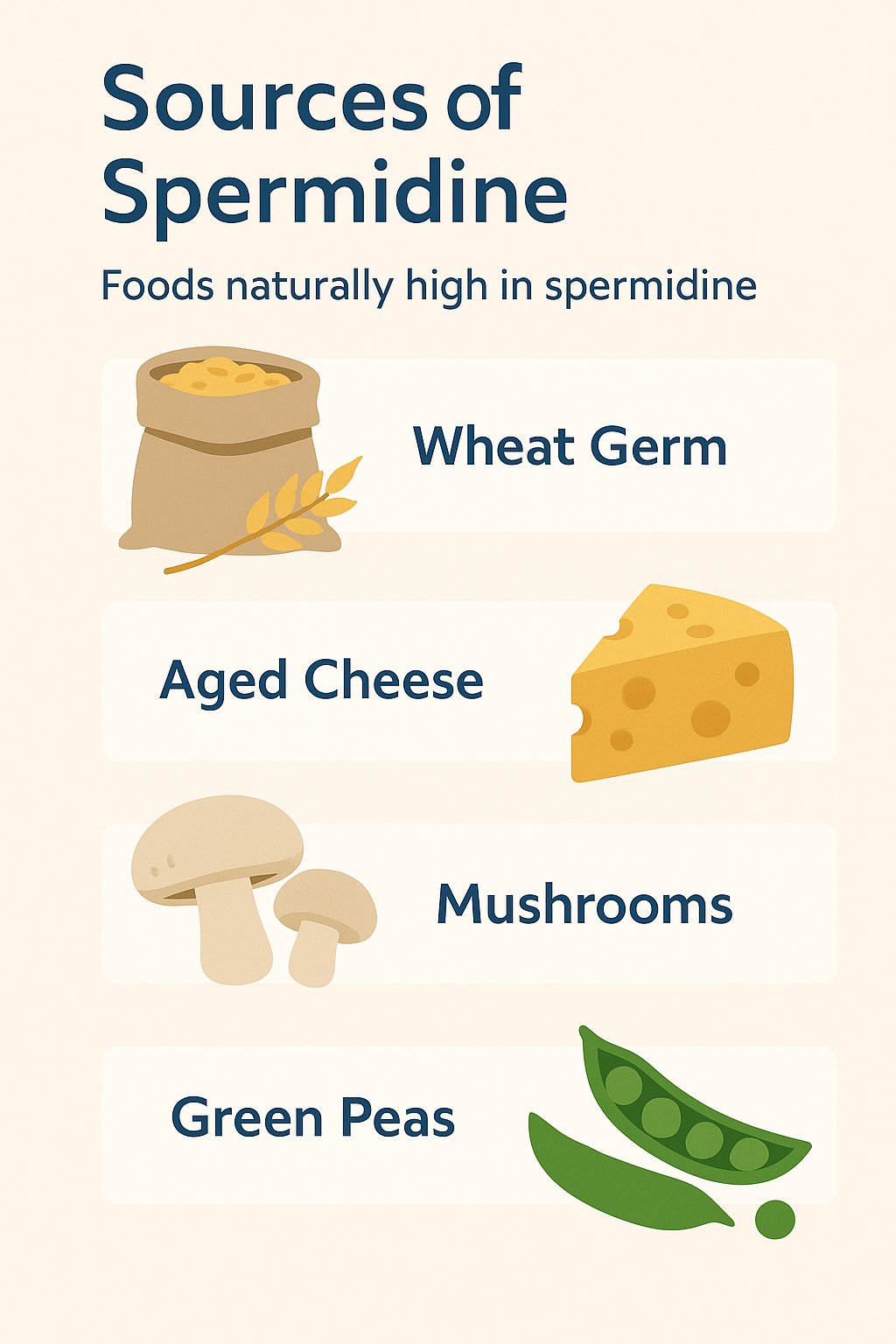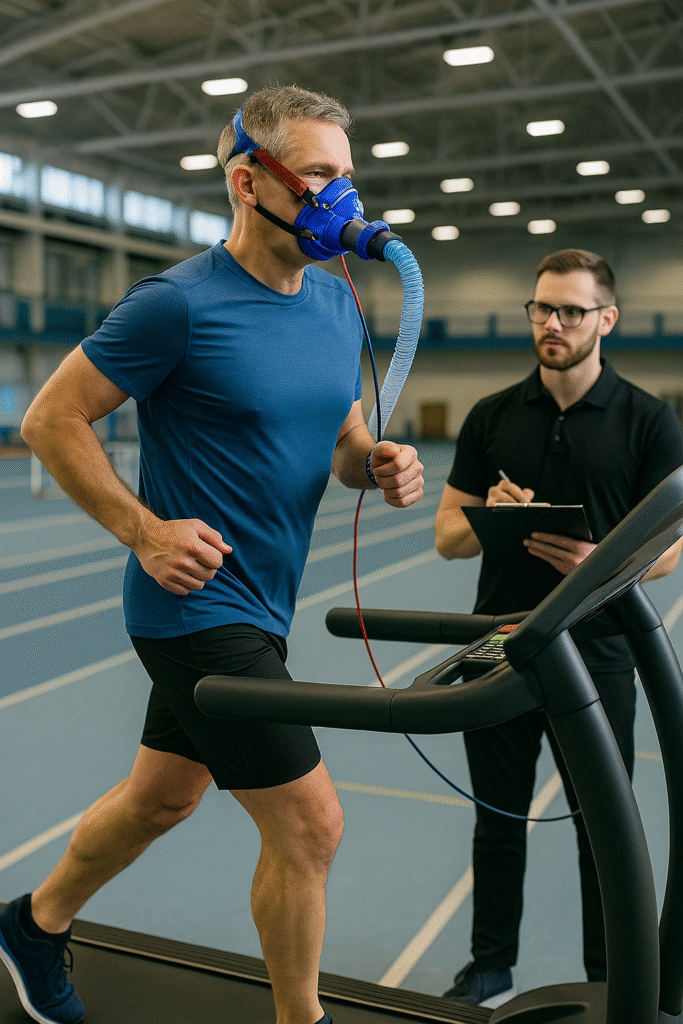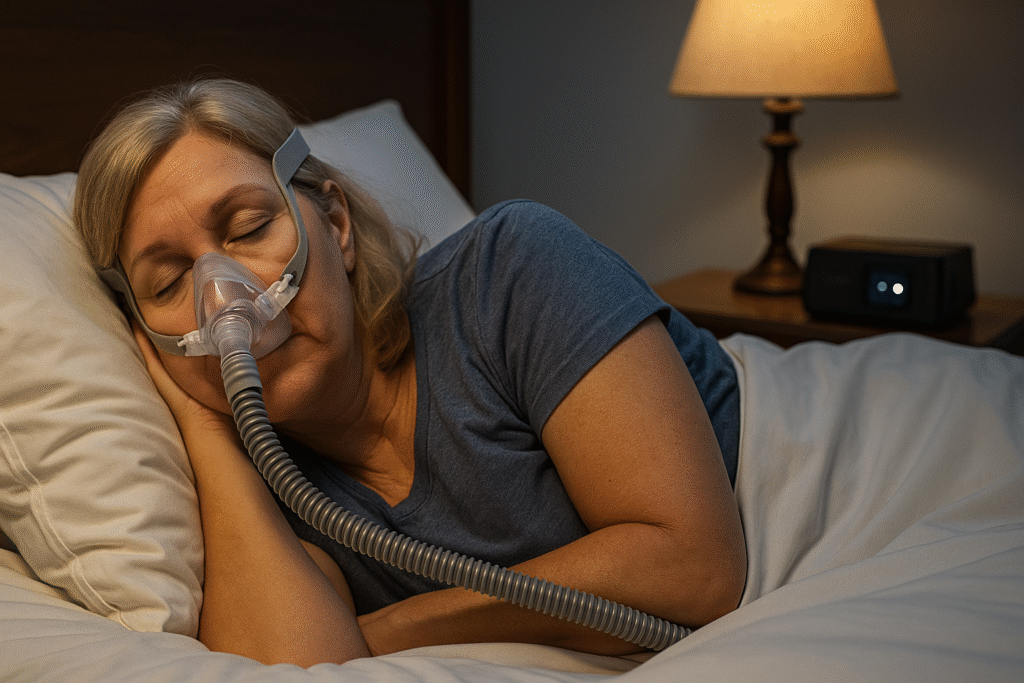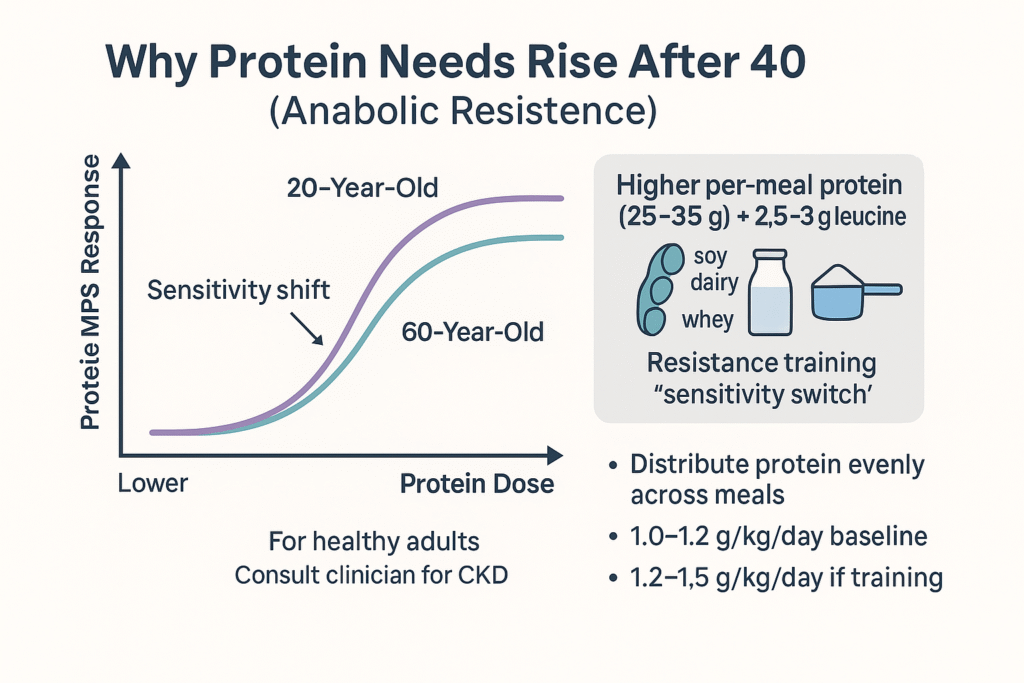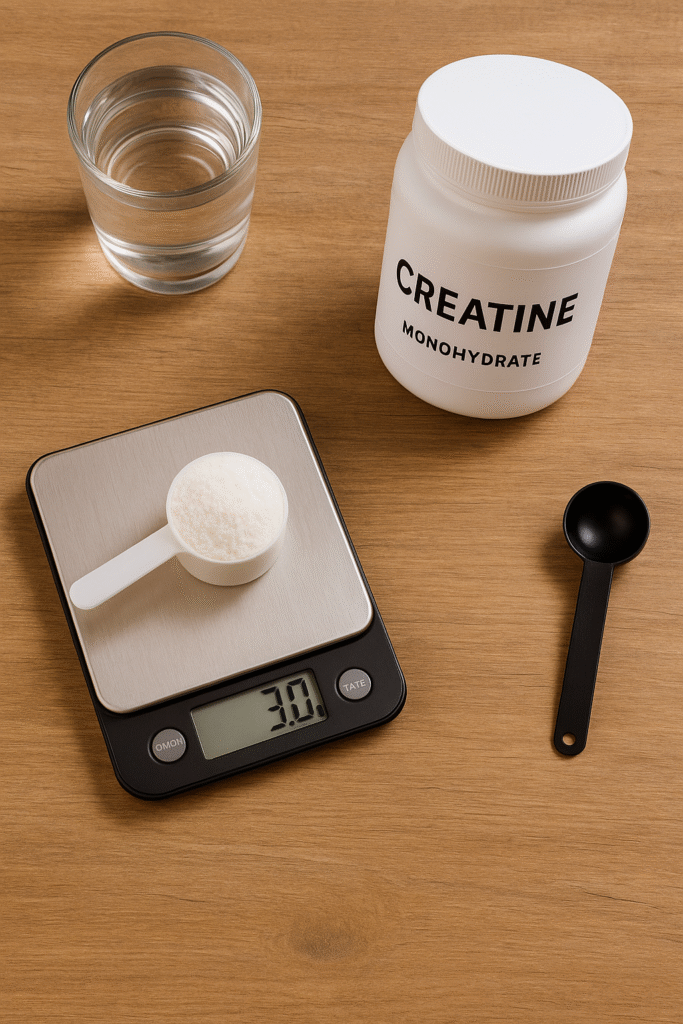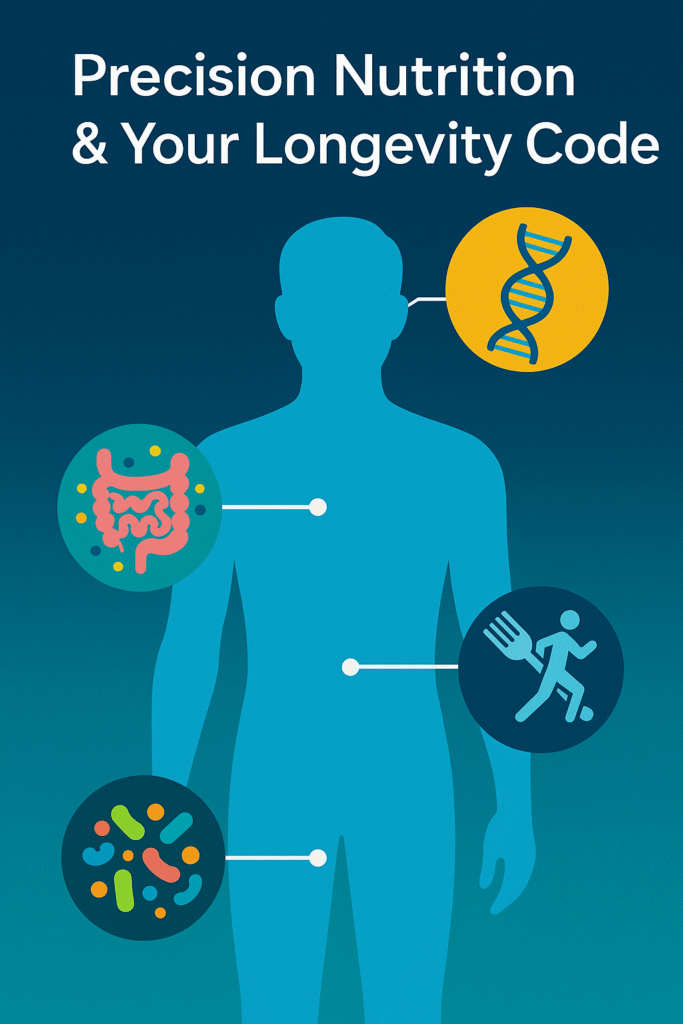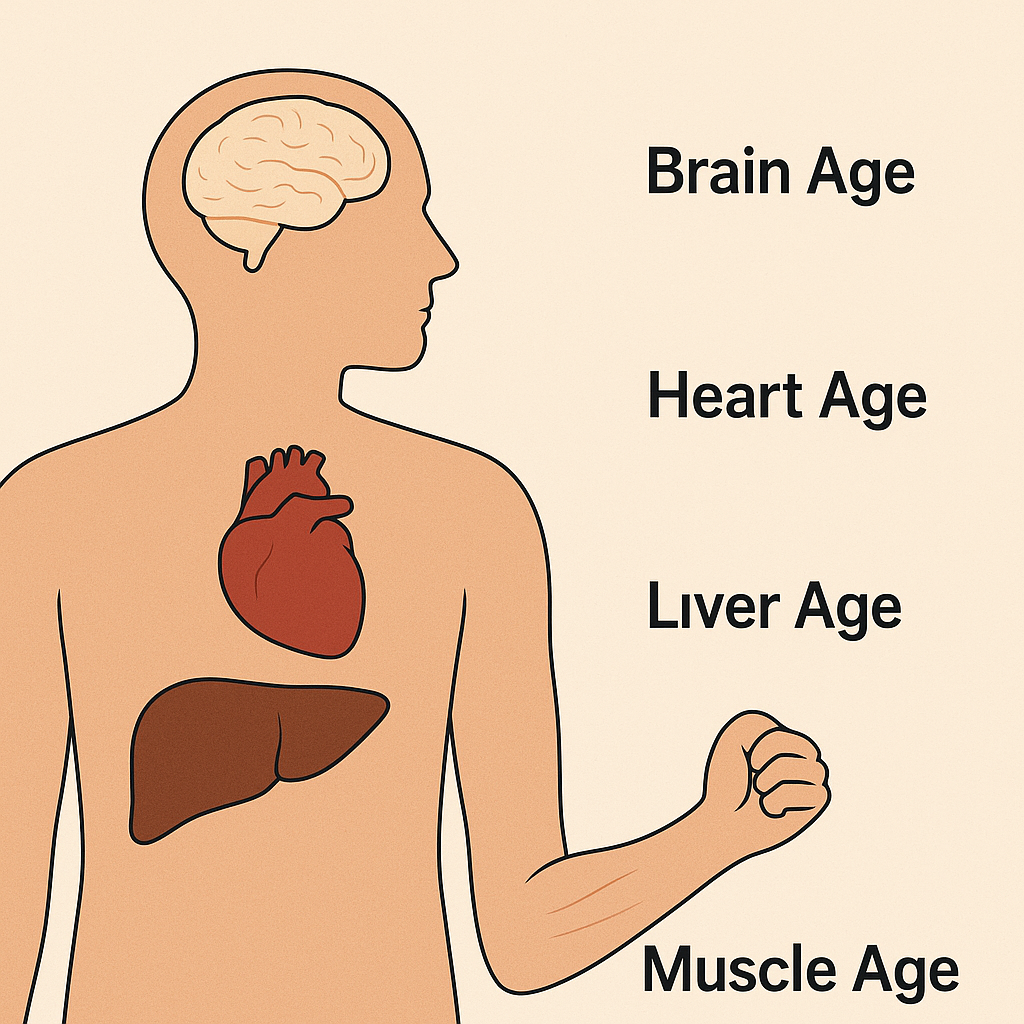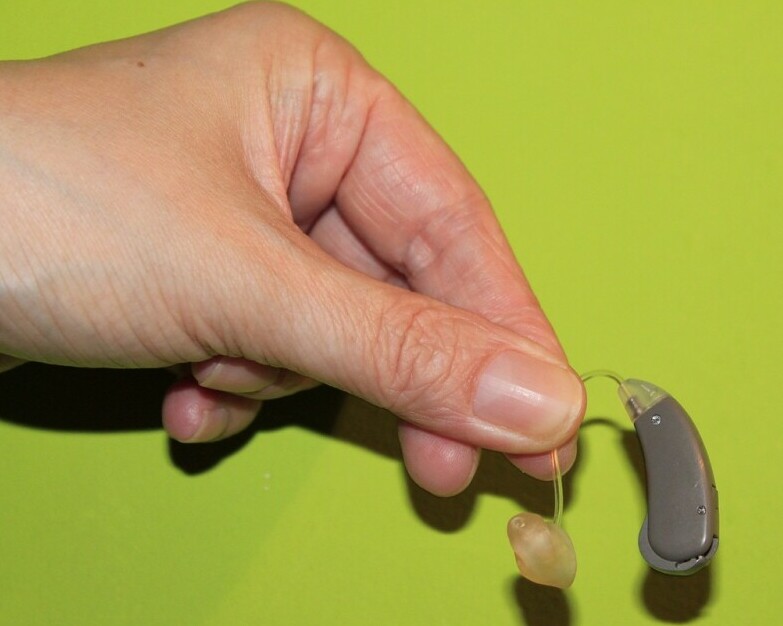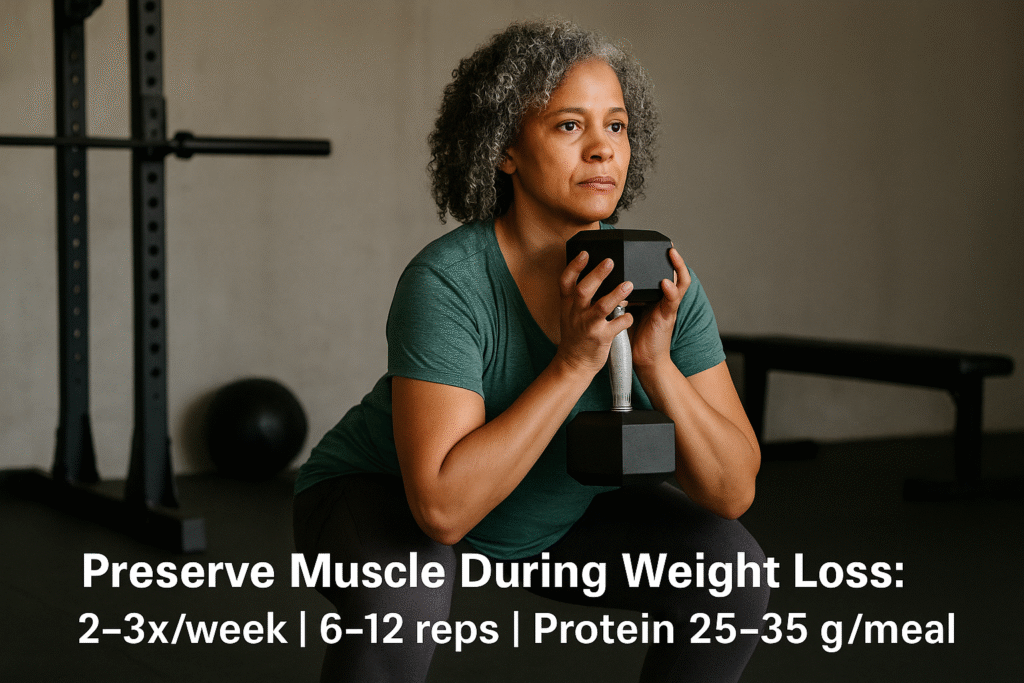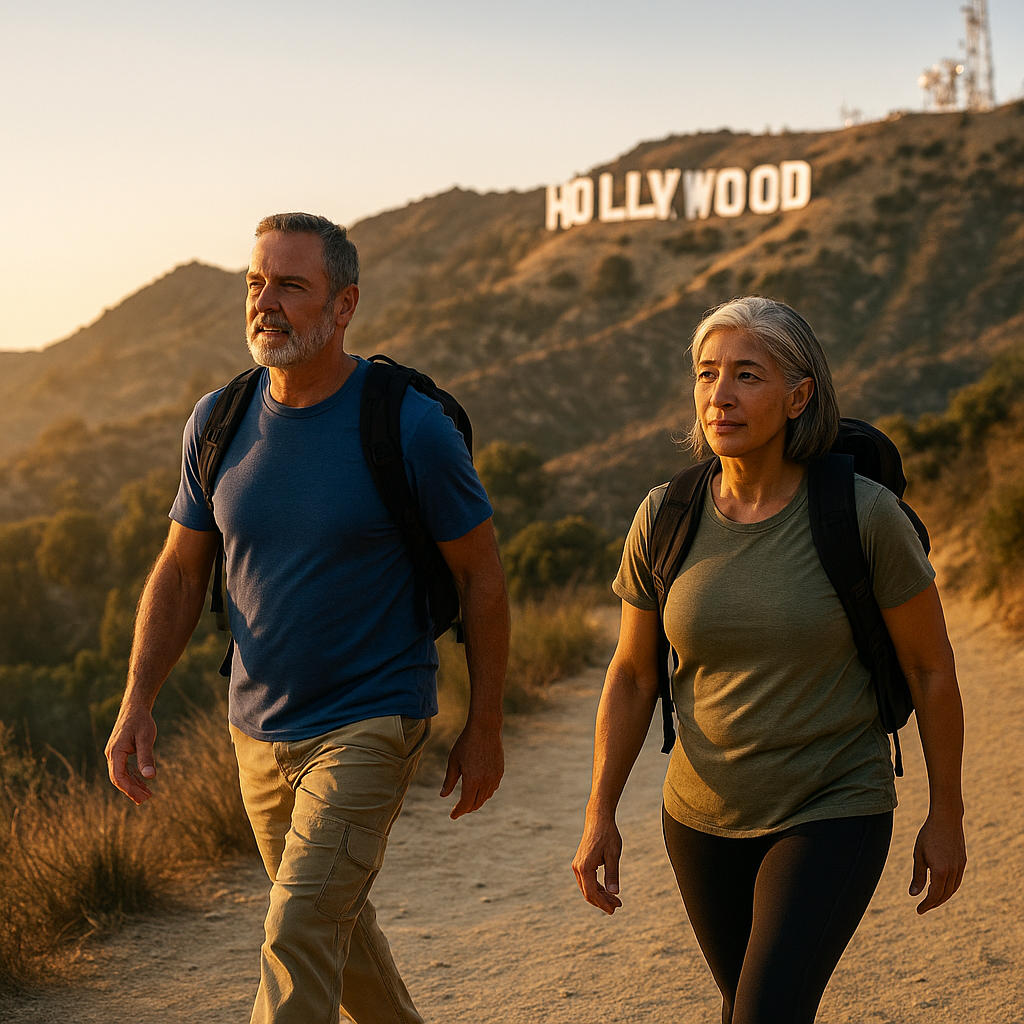Aging doesn’t mean you’re destined for a downhill slide. The idea that getting older inevitably leads to physical and mental deterioration is outdated. Plenty of older folks achieve great things later in life, breaking the mold and showing us what’s possible with the right mindset and habits.
First off, changing how we think about aging is crucial. Many studies reveal that positive views on aging can actually contribute to better health. It’s not just wishful thinking—science backs it up. When you believe that your later years can be vibrant, you’re more likely to take steps that keep you healthy.
Ever heard of someone running marathons in their 70s or starting a new career at 60? These real-life examples showcase that aging doesn’t automatically mean slowing down. Take Harriette Thompson, who completed a marathon at 92, or Anna Mary Robertson Moses, better known as Grandma Moses, who started painting in her 70s and became a famous artist.
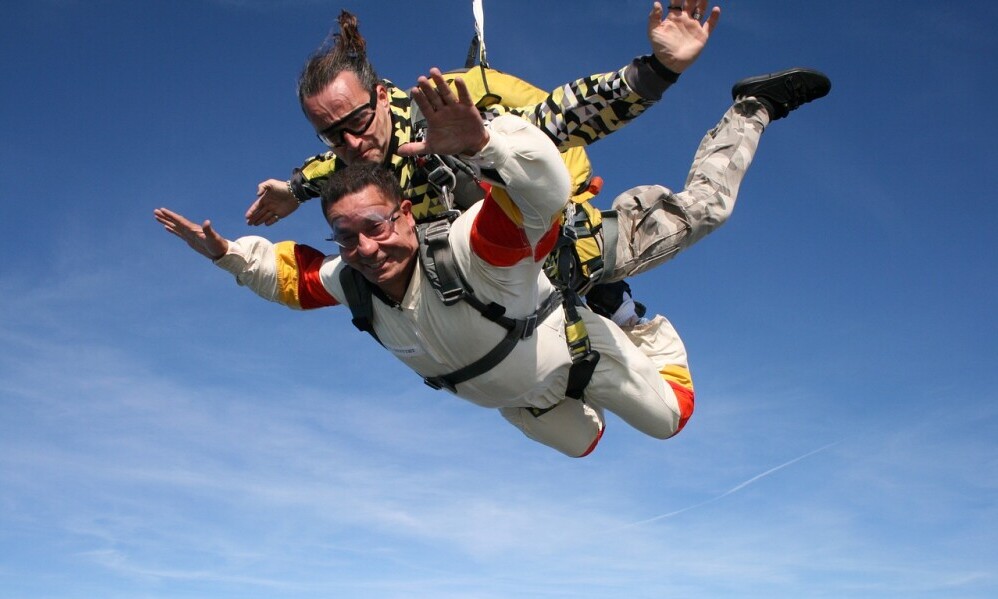
While genetics play a part in how we age, your lifestyle choices hold significant power. Regular physical activity, balanced diet, and keeping social connections alive contribute hugely to healthy aging. The science behind it? Active people often have lower rates of heart disease, diabetes, and other health issues compared to their sedentary peers.
Shifting our mindset about aging is essential. Rather than seeing it as a phase of inevitable loss, think of it as a time with its own rewards and opportunities. Fill your years with activities that bring joy, maintain your social bonds, and engage in hobbies that keep your mind and body active. Aging can be an enriching experience when approached with the right outlook.
Myth 1: “Aging Means Decline in Physical Fitness”
Is aging really the end of your physical prime? Many people believe that getting older inevitably means becoming weaker and less fit, but that’s simply not true. While it’s natural for our bodies to change as we age, regular exercise, a balanced diet, and smart lifestyle choices can help maintain or even improve physical fitness.
In fact, research shows that people who stay active as they age often maintain better muscle mass, bone density, and cardiovascular health than those who don’t. Take the examples of older athletes like marathon runner Ed Whitlock or bodybuilder Ernestine Shepherd, both of whom continued to excel in their sports well into their 80s. Their stories challenge the stereotype that aging equates to physical decline.
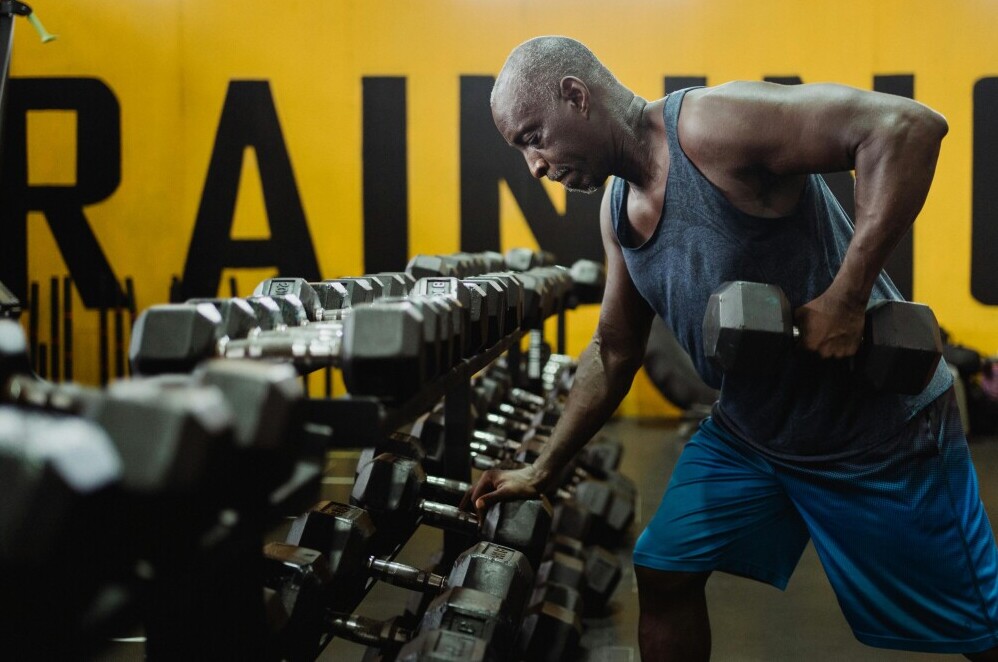
What’s more, simple habits like strength training, yoga, or even walking can keep you stronger than ever as you age. It’s time to flip the script: Aging doesn’t mean stopping; it means adapting and thriving in new ways.
Recommendations for Physical Fitness:
Fit Simplify Resistance Exercise Bands:
High End Exercise Bands. Our 12"³ By 2"³ Heavy Duty Loop Resistance Bands Come In 5 Varying Resistance Levels. This Makes Them Perfect Whether You Are Just Starting To Workout Or A Seasoned Workout Warrior. Our Extra Light And Light Bands Are Great For Beginners, While Our Medium, Heavy And Extra Heavy Exercise Bands Are Targeted For More Intermediate And Advanced Strength Training.
Bowflex SelectTech Adjustable Dumbbells:
Compact Design & Wider Weight Range: Each dumbbell adjust from 5 to 52.5 lb. in 2.5 lb. increments up to 25 lb. while saving workout space.
Myth 2: “Memory Loss is Inevitable”
Is memory loss really a guarantee with age? It’s one of the most pervasive aging myths, and it’s also one of the most damaging. While it’s true that cognitive changes can occur as we get older, memory decline is far from inevitable.
Neuroscience has made great strides in understanding how our brains work, and one key discovery is neuroplasticity—the brain’s ability to adapt and form new connections throughout life. This means that, with the right mental stimulation, our brains can stay sharp even in later years.
Engaging in activities like reading, puzzles, learning new skills, or even socializing can strengthen cognitive function. Studies have shown that people who keep their minds active are less likely to experience severe memory loss. And surprisingly, many memory issues are linked more to lifestyle factors, such as poor diet, lack of sleep, and stress, rather than age alone.
So, what if I told you your mind could stay just as sharp at 70 as it was at 30? It’s time to put this myth to rest and take control of our cognitive health.
Recommendations for Memory & Cognitive Health:
Onnit Alpha Brain Nootropic Supplement:
Nordic Naturals Omega-3 Fish Oil For Brain Health:
Myth 3: “Wrinkles Mean Poor Aging”
Are wrinkles really a sign of poor aging? Society has long equated wrinkles with the negative aspects of growing older, but this myth ignores the beauty and strength that come with age. Wrinkles are a natural part of life, but they don’t define our worth or how well we’ve aged.
Yes, skin loses elasticity as we get older, and yes, wrinkles will likely appear. But this doesn’t mean we’re aging poorly. In fact, how we age is influenced by many factors, including genetics, sun exposure, and lifestyle choices like smoking and diet.
Skincare routines, proper hydration, and sun protection can all help maintain healthy skin, but we shouldn’t view wrinkles as something to fear. Instead, we can see them as badges of honor—proof of a life well-lived. After all, aging gracefully doesn’t mean avoiding every wrinkle; it means embracing them while staying healthy and vibrant.
Recommendations for Skincare & Anti-Aging:
Dermalogica BioLumin Vitamin C Gel For Fine Lines: https://tidd.ly/3WQCmbK
Murad Retinol Youth Renewal Serum: https://tidd.ly/4dQeLyA
Myth 4: “It’s Too Late to Learn Something New”
Is learning really just for the young? One of the most common myths about aging is that it’s too late to learn new skills, pick up hobbies, or adapt to new technologies. This couldn’t be further from the truth.

The ability to learn and grow doesn’t stop when we reach a certain age. In fact, many older adults take up new challenges, such as learning to play a musical instrument, mastering a new language, or even starting new careers. Studies show that older adults can still form new neural connections, which means it’s never too late to start learning something new.
Consider the story of the late Captain Tom Moore, who became a national hero in the UK after he took up fundraising and completed 100 laps in his garden at the age of 99. His efforts raised millions for charity, proving that it’s never too late to make a significant impact.
So, if there’s a skill you’ve always wanted to master, now is the time to go for it! Aging doesn’t mean we stop learning—it means we continue evolving.
Myth 5: “Hormone Changes Make You Feel Miserable Forever”
Is midlife misery a given due to hormones? Many people believe that hormonal changes, such as menopause or testosterone decline, are a guarantee for permanent misery. While these changes can certainly bring challenges, they don’t have to define your experience.
Hormonal shifts during aging can lead to symptoms like mood swings, fatigue, and discomfort, but there are ways to manage and alleviate these effects. For instance, a healthy diet rich in omega-3s, regular exercise, and stress management techniques can help balance hormones naturally. In some cases, medical treatments like hormone replacement therapy (HRT) can provide significant relief.
What’s more, some people report feeling more balanced and energized after addressing their hormonal health. So, while midlife hormonal changes are real, they don’t have to control your life. With the right approach, you can regain control and feel like yourself again.
Recommendations for Hormonal Balance:
Weight Loss & Nutritional Supplement To Health Goals: https://tinyurl.com/2a44k3nj
Estroven Weight Management Menopause Supplements: https://amzn.to/46XkO2k
Myth 6: “Aging Equals Loneliness and Irrelevance”
Does growing older mean fading into the background? Many people fear that aging will leave them isolated and irrelevant, but this couldn’t be further from the truth.
In today’s world, older adults are more socially active and connected than ever before. In fact, social media platforms, online communities, and new hobbies are helping older generations stay engaged with others. Some older adults have even become influencers or entrepreneurs, proving that age doesn’t have to limit social activity or significance.
For example, individuals like Joan MacDonald (@trainwithjoan on Instagram) gained a massive following for her fitness journey that started in her 70s. Her story proves that not only can older adults stay relevant—they can also inspire others.
Aging doesn’t mean disappearing into the background. It’s an opportunity to stay connected, explore new relationships, and even build an influential presence in today’s connected world.
Conclusion
Aging is a journey, not a decline. The myths that we’ve long believed about growing older are just that—myths. By breaking free from these misconceptions, we open ourselves up to a life that’s full of possibilities, growth, and vitality.
So, what myth about aging did you believe? It’s time to challenge these outdated ideas and embrace a new narrative of aging. Share your thoughts in the comments below, and let’s break free together!
Remember, aging isn’t something to fear—it’s an opportunity to live life to the fullest at every stage.
FAQs
Q: Is it true that aging always leads to a decline in physical fitness?
A: No, aging does not automatically mean a decline in physical fitness. Regular exercise and a healthy lifestyle can help maintain or even improve physical strength, endurance, and flexibility as you age. Many older individuals remain highly active and physically fit.
Q: Does memory loss happen to everyone as they get older?
A: Memory loss is not inevitable with age. While some cognitive changes may occur, engaging in mental exercises, maintaining a healthy lifestyle, and staying socially active can keep your mind sharp well into your later years. Neuroplasticity allows your brain to adapt and form new connections.
Q: Do wrinkles mean I’m aging poorly?
A: No, wrinkles are a natural part of the aging process and do not necessarily indicate poor aging. Factors like genetics, sun exposure, and lifestyle choices influence skin appearance, but wrinkles can be seen as a natural part of a life well-lived.
Q: Is it too late to learn new skills as I age?
A: Absolutely not! It’s never too late to learn new skills or hobbies. The brain can continue to adapt and form new neural pathways throughout life, meaning older adults can still learn and excel in new areas.
Q: Do hormonal changes in midlife mean I’ll feel miserable forever?
A: Hormonal changes, like those during menopause or testosterone decline, can cause discomfort, but they don’t have to make you miserable. Managing your health through proper diet, exercise, and medical support can help you balance your hormones and feel better.
Q: Does aging always lead to loneliness and irrelevance?
A: No, aging does not mean you’ll become lonely or irrelevant. Many older adults are staying socially active, building new communities, and even gaining influence on social media. Aging offers opportunities to stay connected and explore new ways to remain engaged in society.
Disclaimer: All the content on this site is for informational purposes only, does not constitute medical advice, and does not establish any kind of patient-client relationship by your use of this website. I am not a health care professional. The information, including but not limited to text, graphics, images and other material contained on this website are for informational purposes only. No material on this site is intended to be a substitute for professional medical advice, diagnosis, or treatment. Before starting any new regimen, supplement, diet, or program, it is crucial to consult with a healthcare professional to ensure it is safe and suitable for your individual health needs and circumstances. Here’s a little transparency: This website also contains affiliate links. This means if you click and make a purchase, we may receive a small commission. Don’t worry, there’s no extra cost to you. It’s a simple way you can support our mission to bring you quality content.


